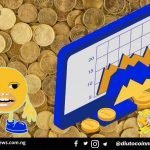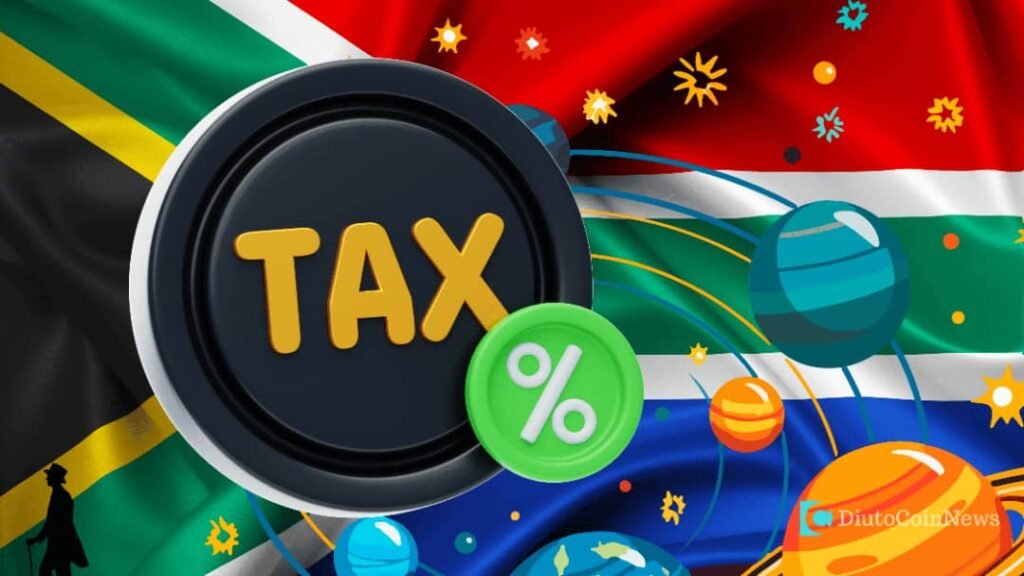THE nation’s currency, Naira, slid to N610 to a dollar over the weekend at the parallel market in Lagos and Abuja, thus widening the gap between the official and parallel market exchange rates to N191.
The exchange rate hovered between N600 and N605 to the dollar in other cities such as Ibadan, Abeokuta and Benin City.
The official rate at the Investors and Exporters window as of Friday was 419.02. Although the Central Bank of Nigeria (CBN) has relentlessly campaigned against patronizing the parallel market operators, scarcity of the greenback at the official channels often pushes those in need of dollars to black market operators.
According to bureau de change sources, the recent rise in the exchange rate of dollar at the black market is due to heightened political activities as the political parties will hold their primary elections this week.
A black market operator who spoke with the Nigerian Tribune said, “The pressure on naira is partly from politicians who consider it easier to make their transactions in the course of their politicking in dollars rather than the local currency because of the ease of portability.”
But some stakeholders are of the opinion that the weakening of the naira in the parallel market could also have been occasioned by falling external reserves, and low foreign exchange inflows into the nation’s coffers.
JP Morgan recently removed Nigeria from its emerging market sovereign list citing the failure of the Nigerian National Petroleum Company (NNPC) Ltd to remit any revenue to the government between January and March this year due to petrol subsidies and low oil production.
Ruing that Nigeria had not taken advantage of high oil prices, the global leader in financial services then moved Nigeria’s debt out of the bank’s ‘overweight’ category. JPMorgan analysts stated that “Nigeria’s fiscal woes amid a worsening global risk backdrop have raised market concerns despite a positive oil environment.”
Discover more from DiutoCoinNews
Subscribe to get the latest posts sent to your email.











